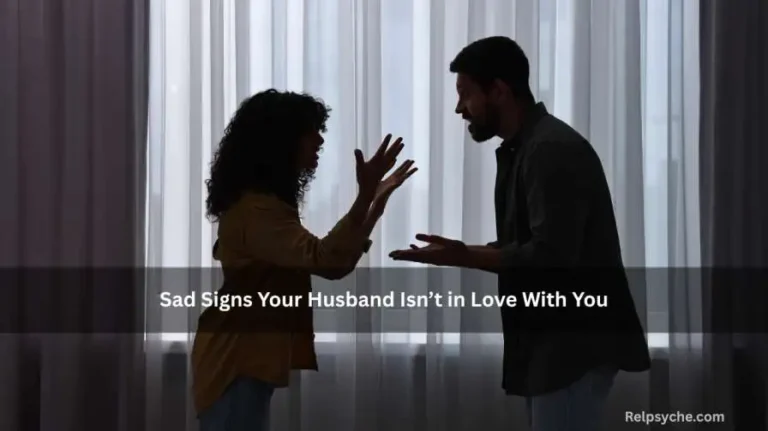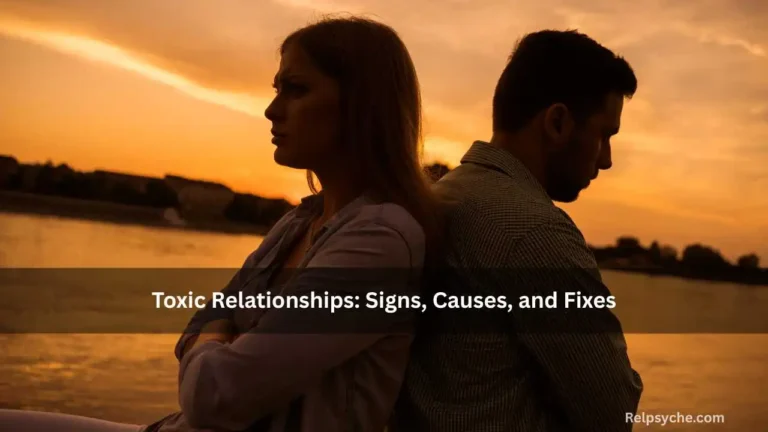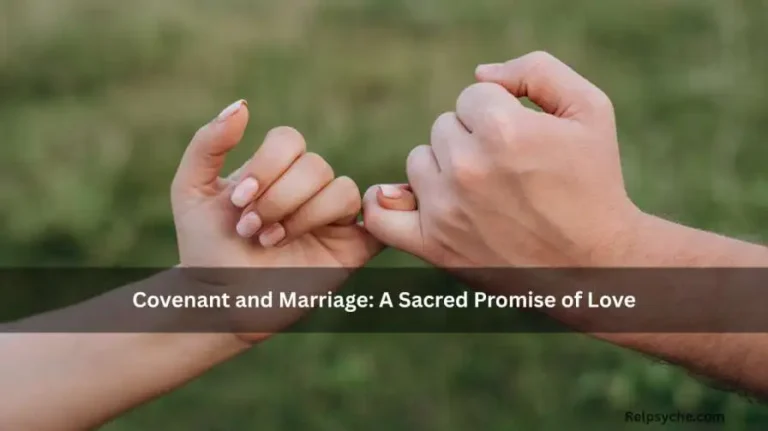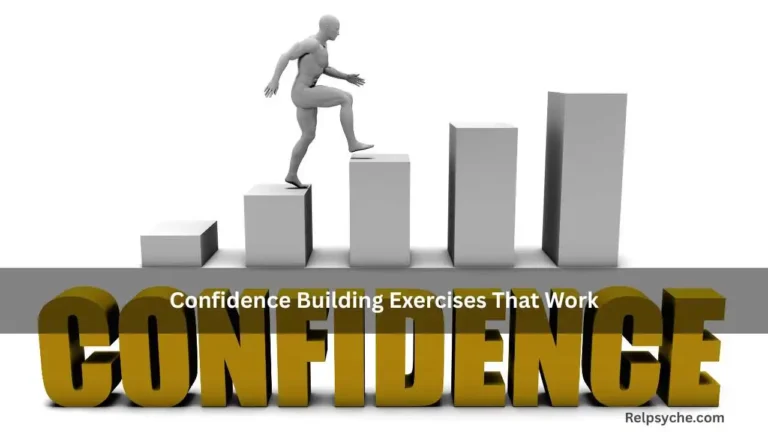10 Signs of Trauma Bonding You Shouldn’t Ignore
If you’ve been wondering about 10 signs of trauma bonding, you’re not alone. Trauma bonding happens when a person forms a deep emotional tie to someone who repeatedly hurts them. This bond often develops during cycles of abuse and kindness. Even when the relationship feels painful or unsafe, breaking free can feel almost impossible.
Knowing the 10 signs of trauma bonding can help you recognise unhealthy patterns, understand your emotions, and take steps toward healing.
Table of Contents
1. You Keep Making Excuses for Their Behaviour
One of the first 10 signs of trauma bonding is making excuses for the person who hurts you. You might say things like “They’re just stressed” or “They didn’t mean it,” even when the harm is clear. This constant defense can keep you stuck.
2. You Feel Addicted to the Relationship
Another one of the 10 signs of trauma bonding is feeling addicted to the relationship. Even after arguments or abuse, you crave their attention. The brain learns to link love and pain, making it hard to let go.
3. You Blame Yourself for the Problems
If you believe everything is your fault, that’s one of the 10 signs of trauma bonding. You might think that if you try harder, things will improve — even when you’re not the cause of the problems.
4. You Feel Empty Without Them
Trauma bonding can make you feel like life has no meaning without the other person. This emotional dependency is one of the stronger 10 signs of trauma bonding, and it can lead to anxiety when you’re apart.
5. You Ignore Red Flags
One of the most dangerous 10 signs of trauma bonding is ignoring warning signs. You may downplay lies, control, or disrespect because you fear losing the relationship.
6. You Hope They Will Change
Hoping for change is another of the 10 signs of trauma bonding. Even after repeated hurt, you hold on to the rare good moments as proof that things might get better.
7. You Feel Trapped
Feeling trapped is a common part of the 10 signs of trauma bonding. You might feel stuck because of fear, finances, or emotional dependence, believing you can’t survive without them.
8. Your Self-Esteem Gets Lower Over Time
Among the 10 signs of trauma bonding, low self-esteem stands out. Over time, constant criticism or neglect can make you believe you’re not worthy of love, keeping you in the toxic cycle.
9. You Apologize More Than They Do
If you’re always the one saying “I’m sorry” — even when you’ve done nothing wrong — it’s one of the 10 signs of trauma bonding. You may take blame just to avoid conflict.
10. You Keep Going Back After Leaving
The final of the 10 signs of trauma bonding is returning after leaving. The emotional pull feels too strong, and the good moments make you forget the bad — at least for a while.
Why Trauma Bonding Happens
The signs of trauma bonding happen because of emotional confusion. When someone switches between kindness and cruelty, your brain starts to crave the small moments of affection, even if pain comes with them. It’s a survival response, not a sign of weakness.
How to Break a Trauma Bond
If you see the 10 signs of trauma bonding in your life, there is hope for change:
- Seek therapy – A trained counselor can help you heal.
- Build a support system – Friends and family can give perspective.
- Limit contact – Reduce communication to weaken the bond.
- Focus on self-care – Healthy routines rebuild self-esteem.
- Learn about healthy love – Education helps you set better boundaries.

Conclusion
The 10 signs of trauma bonding include excuses, self-blame, ignoring red flags, and feeling trapped. Recognising these patterns is the first step toward breaking free. You deserve respect, kindness, and safety in all relationships. Awareness is the key to healing and building a life without fear.
Ready to take the next step in your personal growth? Explore expert services — from therapy to life coaching — available on Fiverr.
If you want to read more articles similar to 10 Signs of Trauma Bonding You Shouldn’t Ignore,You Need to Know we recommend that you enter our Relationships category.
FAQs
1. What are the 10 signs of trauma bonding?
They include excuses for abuse, self-blame, feeling addicted, ignoring red flags, hoping for change, feeling trapped, low self-esteem, over-apologising, emptiness without them, and returning after leaving.
2. Can trauma bonding happen in families?
Yes. The signs of trauma bonding can appear in family, friendships, or romantic relationships.
3. Why is trauma bonding so hard to break?
The signs of trauma bonding are linked to brain chemistry and emotional patterns that make the bond feel necessary for survival.
4. How long does recovery take?
Healing from the signs of trauma bonding varies for each person but often takes months or years with support.
5. Can a relationship with trauma bonding become healthy?
It’s rare. Overcoming the signs of trauma bonding requires both people to commit to change and consistent healthy behaviour.

I’m Emma Johnson, a psychologist who loves to write and share ideas.
I enjoy making psychology simple so everyone can understand and use it in daily life.
If you’d like to talk, ask questions, or work together, feel free to reach out.
Let’s learn and grow in the world of psychology together!







